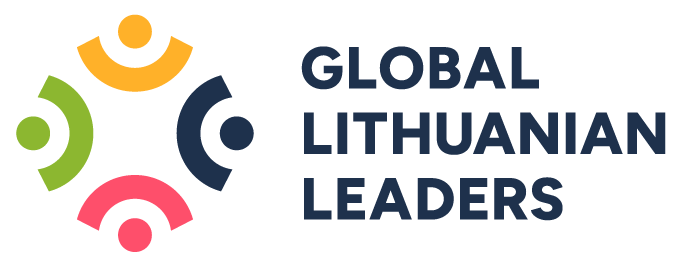Lithuania is a unique land, which by historical evidence could have become a province of Poland or Russia, thinks Jonas Ohman – a film producer, translator and linguist living in Lithuania. In his opinion, it is a miracle that our country exists. It does, however, face three challenges, writes www.delfi.lt.
Ohman was a prize winner in the ‘Global Lithuanian Awards 2013’ in the category ‘Friend of Lithuania’. He has been living in Lithuania for about 20 years now and has received awards for his films that acclaim Lithuania and which are about the history of the Lithuanian resistance: “The Red Years”, “Freedom’s Course”, “A Conversation with Nationalists” and many others.
“Although it’s complicated and problematic living in Lithuania, I feel great here. It’s interesting and meaningful. I have somewhat got in touch with Lithuanian roots and past which bear both noble and complex human moments. Once you’ve delved even slightly, both geographically and spiritually, into this space, it’s difficult to leave,” Ohman told DELFI.
Ohman believes that Lithuania is an entirely unique region in a European, Eastern European and Baltic context. In Lithuania there have been many different challenges, people, leaders and traumas, yet it is alive as ever. “Notion would suggest that Lithuania could have become a province of Poland, Russia or some other country. It’s a miracle that you are still here both in the 20th century and in a wider context,” said the receiver of the ‘Friend of Lithuania’ award.
The small miracle, as he calls Lithuania, is alluring in its different nuances. Here Ohman discovers something new each day. A few days ago he was talking to some people about the events of 1940 and learned some new facts. “I see Lithuania first and foremost as a part of the Baltic region. This definition is fairly broad and fairly precise,” said Ohman in an answer to the question as to what geopolitical space he sees Lithuania in.
Honor the Holocaust
Nevertheless, says Ohman, we live in a complicated time when the country is changing but still can’t find a form of its own. He cited three challenges that Lithuania faces.
The first one is migration. In Ohman’s opinion it would be advantageous to pay more attention to what’s happening in this regard. “The second issue is consolidating independence in energy. Now is the time to seek for a resolution. I as a Scandinavian am pleased to see that there are moves toward electrical power links with Sweden,” said Ohman.
The third issue is the legacy of the past. Ohman believes that up to now Lithuania’s past is somewhat complex and not straightforward. Questions arise as to what is Lithuania, what was Lithuania, what did it do and what didn’t it do. And yet a part of history is being forgotten.
“First of all I would like to remind you of the Holocaust. The contribution of the Jews to Lithuanian identity is greater than people think. Lithuania has just started to honour the Holocaust. And I have started to realise this. A layer, strategically important to Lithuanias independence, was literally shot away, and that with the help of some the Lithuanians themselves. That is a lost part of Lithuania’s independence, and it is something that must be recognised well,” said Ohman.
Source: The Lithuania Tribune http://bit.ly/1iDksSA
